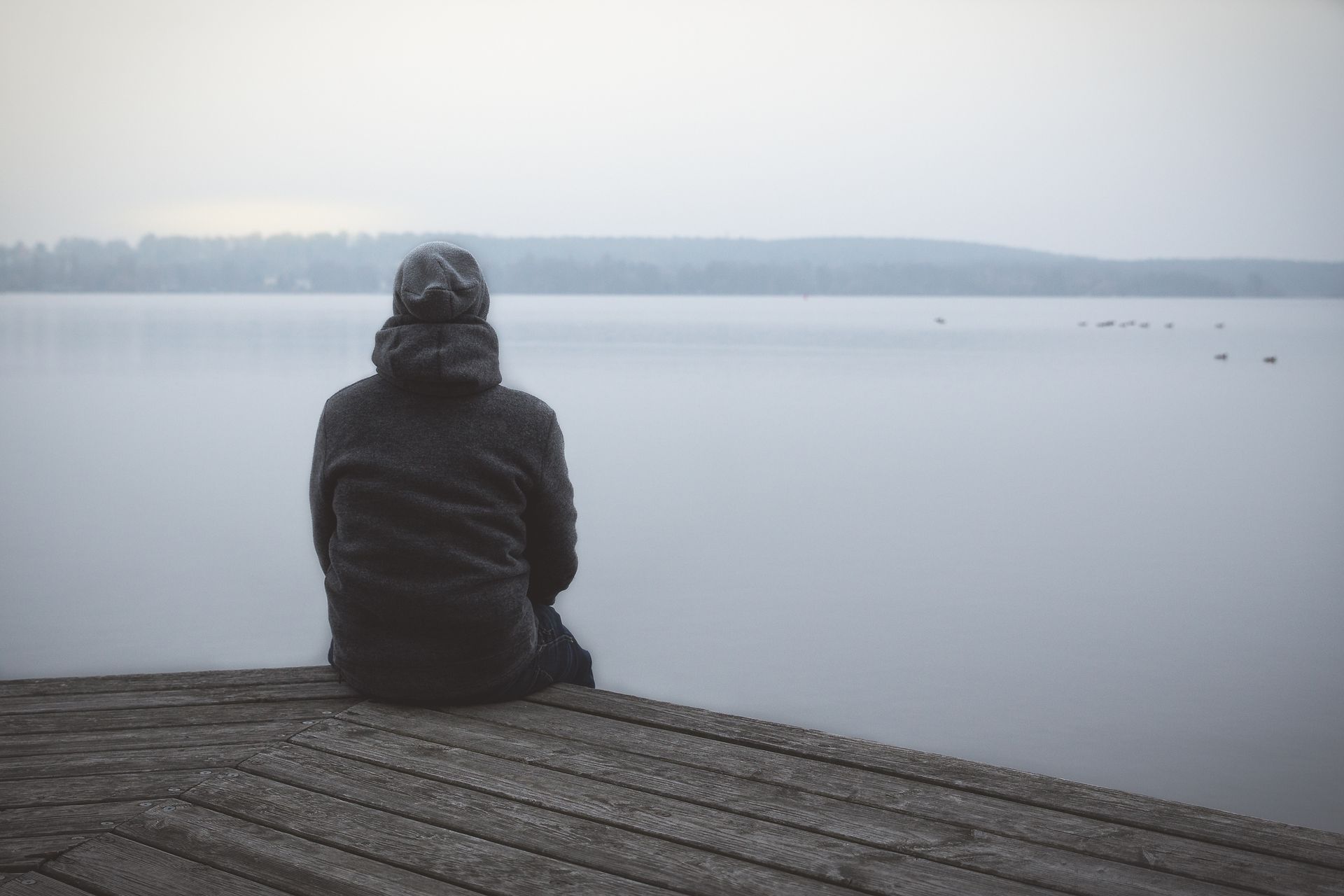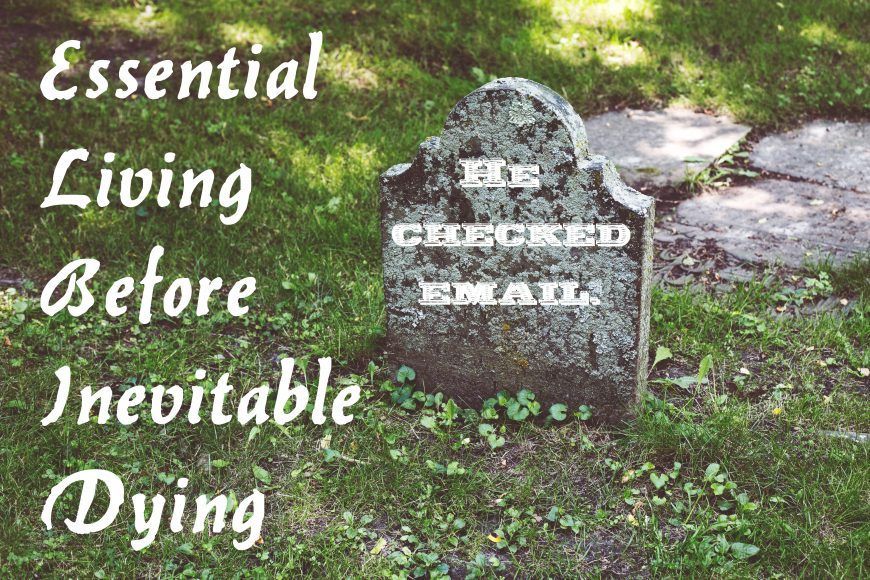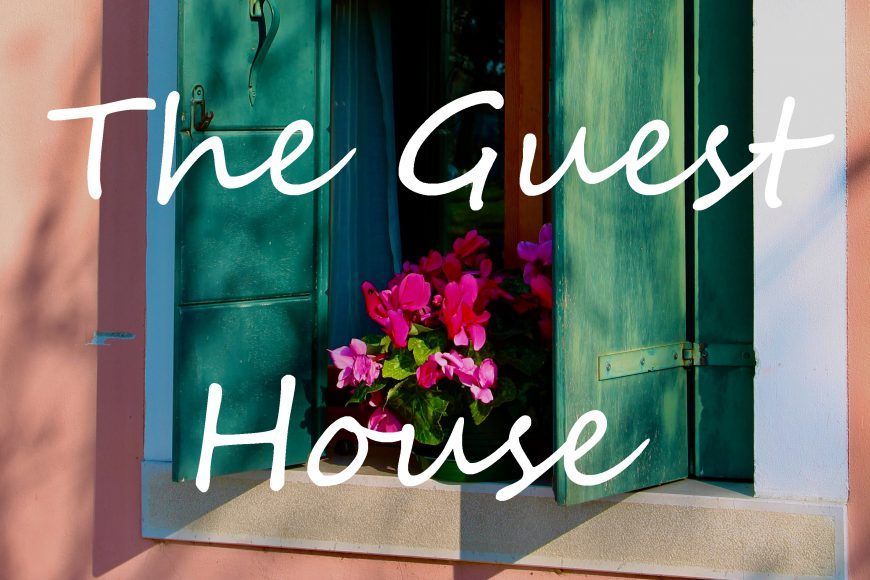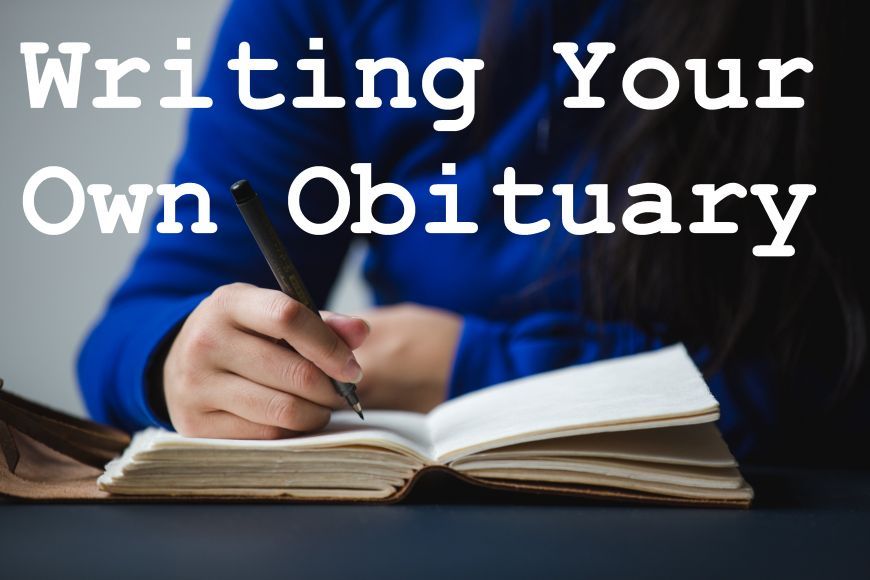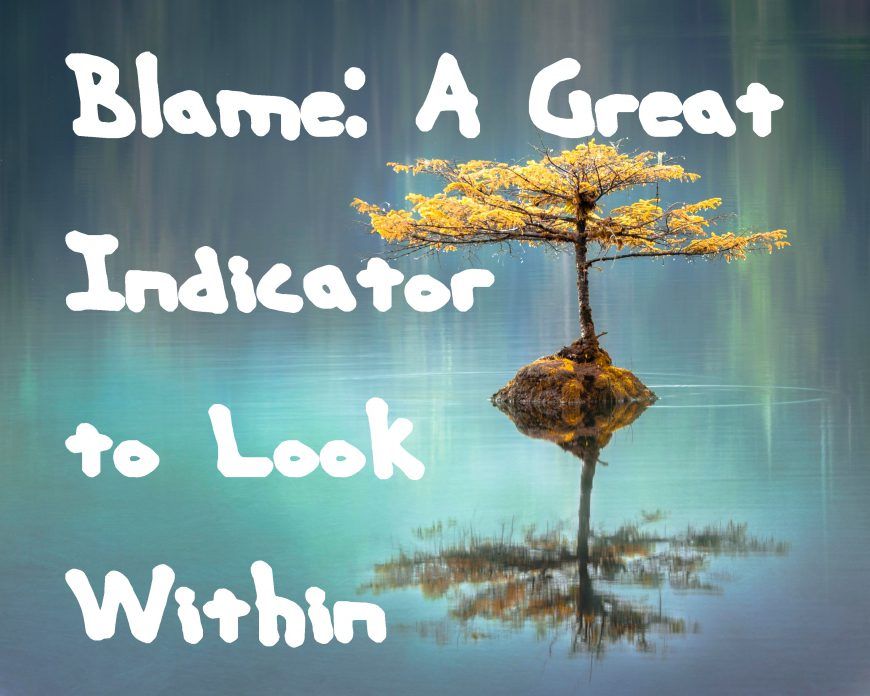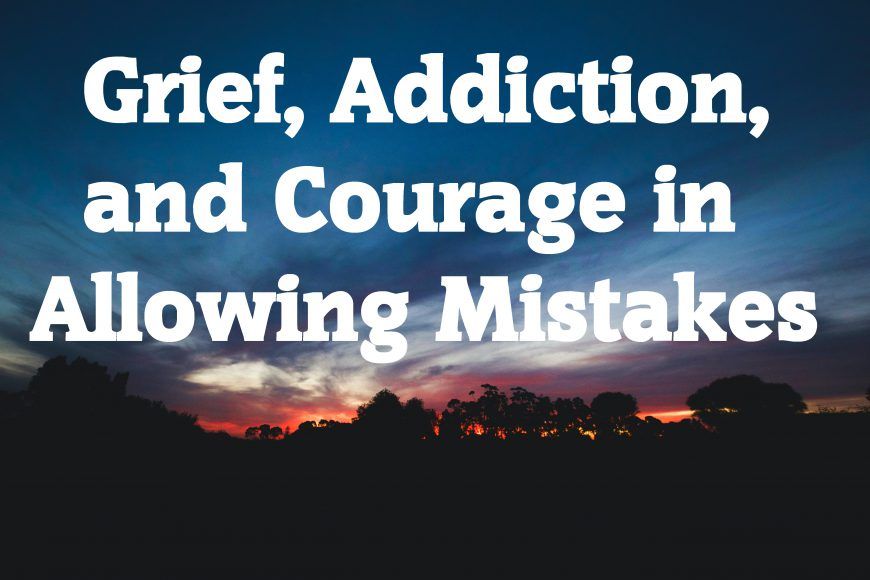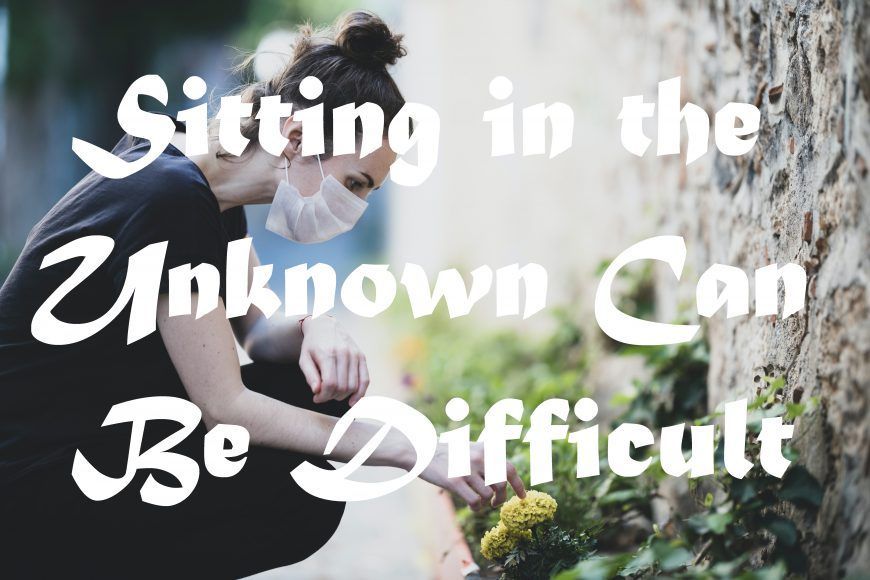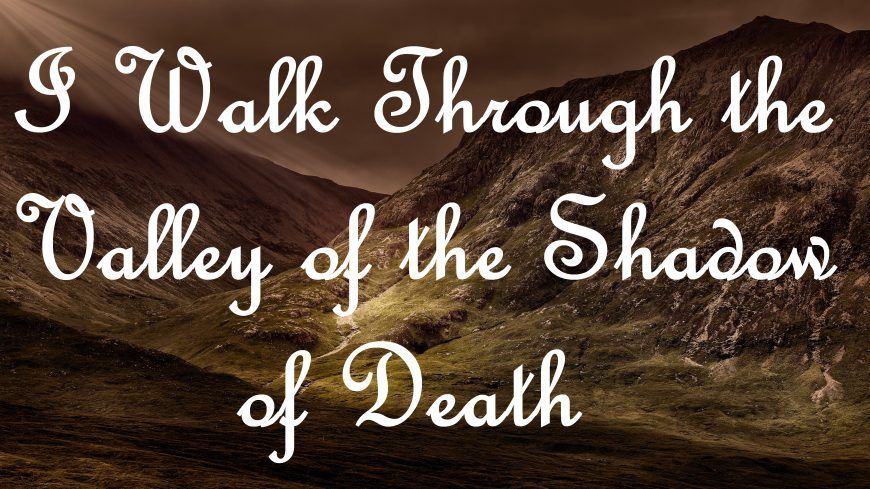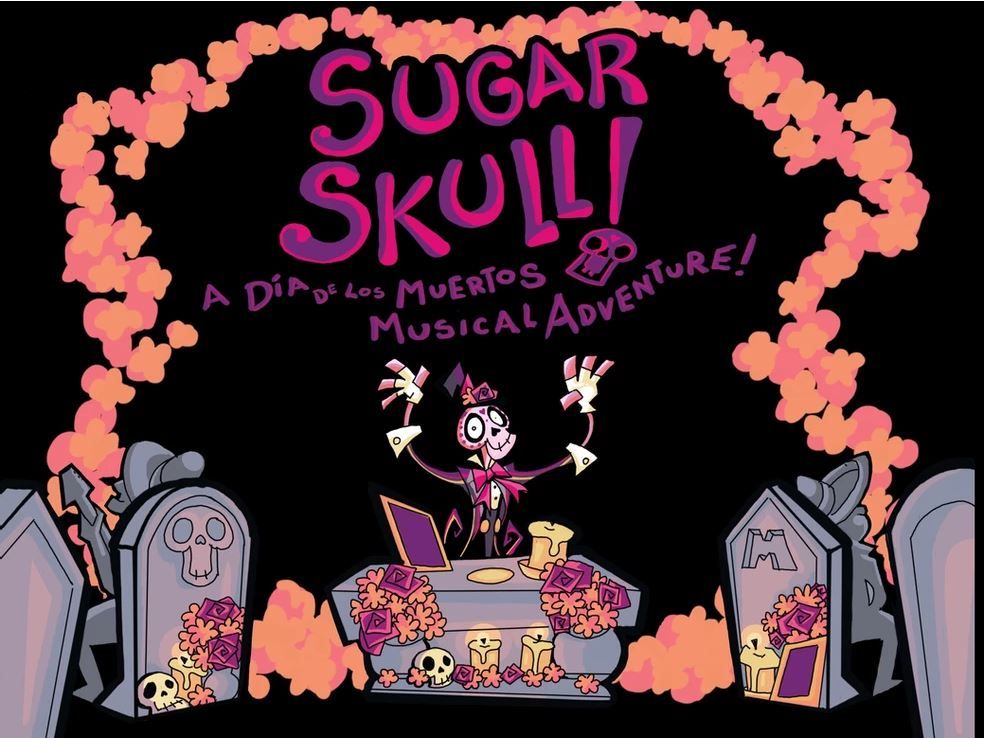Asking for Help Takes Bravery and Can Save a Life
Dear Ted,
I have spent the last four years pretending that everything is okay and going well. I am starting to realize I am exhausted and emotionally depleted. I had a couple of losses and tried to bury them and now I see my actions seem to be causing more and more problems. I’m not sure if I have an exact question but could you try to expand on the issue of trying to step back into the world after loss?
Thank you, Bob
—
Dear Bob,
I’m glad you have reached out; your note shows a common path in which a loss can lead to more and more losses. It can be almost like a whirling dervish that is wreaking havoc in your life. When you have a loss in your life certain parts of your brain shut down and move into survival mode. This can cause impairment in areas of your life such as executive functioning (logistical navigation of your day), and decision-making. Loss may impact the brain in a way that leads to loss of short-term memory, high irritability, hypersensitivity, and impulsive decision-making and actions. It is almost like a flight control tower with impaired workers running the show.
The problem is – you may not know you are impaired at the time and this can easily lead to new losses as decisions and actions are not coming from your usual state of mind. Self-esteem can fall as well, especially if you don’t have the knowledge that, in loss, the brain does these interesting things. As self-esteem falls, isolation can increase and soon, you find yourself in a isolatory bubble that you feel you can’t get out of and nobody can come in. It is kind of like having a messy house that you can’t clean up but you would hate for somebody to see it that way.
In this state, addictive tendencies, depression, and self-hatred, and other negative actions can cause a downward spiral that feels endless. The key here is to go against your protection of isolation and reach out for help from healthy friends, professionals, family, and others. In finding healthy people outside yourself, you can slowly start to step out of your story and heal. If you remain caught in that isolatory bubble, it can lead to poor decision-making, suicidal thinking, addictive actions, relapse, and other negative processes that feed the isolation. By reaching out, you can clean your internal house, give the brain a chance to re-open clearer and healthier thinking and possibly save your life and/or in the process, save another. Clear and conscious decisions and actions will help us all be more mindful and safe. Thanks for reaching out and I wish you well.
Until next week, take care,
Ted
This article was published in The Taos News on October 22, 2015, and is republished here with permission by the writer, Ted Wiard, LPCC, CGC, Founder of Golden Willow Retreat, a nonprofit organization focused on emotional healing and recovery from any type of loss. Visit goldenwillowretreat.com/media-blog/teds-archived-articles/ for more of Ted’s articles.
